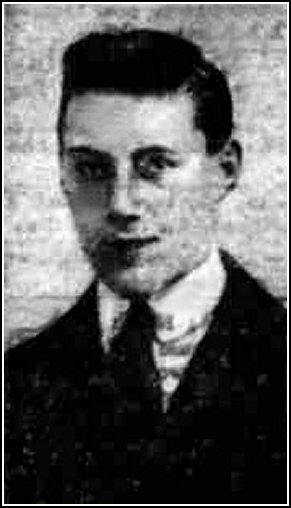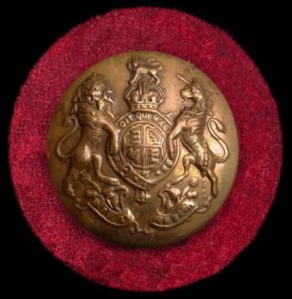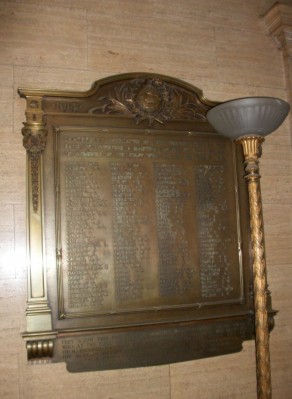Main CPGW Record
Surname: TAYLOR
Forename(s): Henry Norman
Place of Birth: Clitheroe, Lancashire
Service No: 3/9391
Rank: Private
Regiment / Corps / Service: Training Reserve
Battalion / Unit: 50th Battalion
Division: ---
Age: 18
Date of Death: 1917-03-19
Awards: ---
CWGC Grave / Memorial Reference: ---
CWGC Cemetery: TILSTOCK (CHRIST CHURCH) CHURCHYARD
CWGC Memorial: ---
Non-CWGC Burial: ---
Local War Memorial: SKIPTON, YORKSHIRE
Additional Information:
Henry Norman Taylor (born 4 June 1898) was the son of Henry and Hannah Taylor, née Hargreaves. Henry, senior, was born at Billington and Hannah at Clitheroe, Lancashire.
1901 Clitheroe, Lancashire Census: 7, Pimlico Road - Norman Taylor, aged 2 years, born Clitheroe, son of Henry and Hannah Taylor.
1911 Clitheroe, Lancashire Census: 7, Pimlico Road - Henry Norman Taylor, aged 12 years, born Clitheroe, son of Henry Taylor (married).
Army Registers of Soldiers' Effects: Pte Henry Norman Taylor, 3/9391, 50th Training Res. Bn. Date and Place of Death: 19.3.17. Prees Heath Mil. Hos. To whom Authorised/Amount Authorised: Father - Henry. £1 17s. 6d.
Henry is commemorated on Clitheroe War Memorial and Clitheroe Royal Grammar School Roll of Honour. He is not commemorated in the 'Service Roll of Martins Bank'.
Photograph: ‘Clitheroe Advertiser’ (23 March 1917).
Data Source: Local War Memorial
---
Entry in West Yorkshire Pioneer Illustrated War Record: ---
---
Click the thumbnail below to view a larger image.

Private Henry Norman TAYLOR

Regiment / Corps / Service Badge: Training Reserve
---
---
Comment on this Soldier Record
You can leave comments on this soldier record. Please note all comments will be manually approved before they appear on the website.





No comments yet.